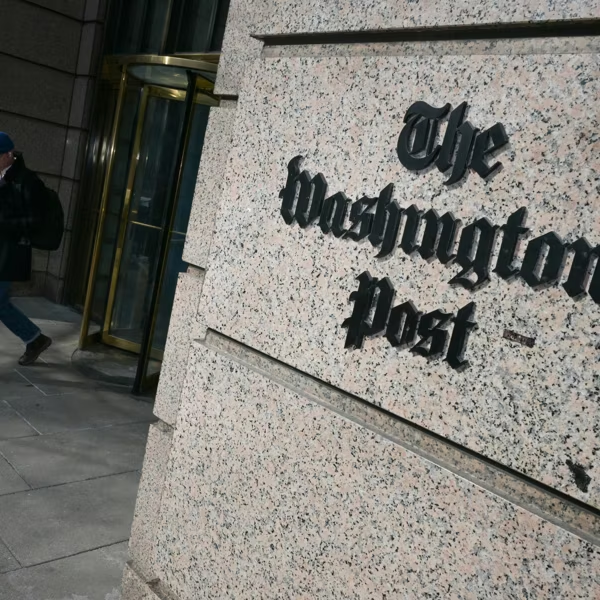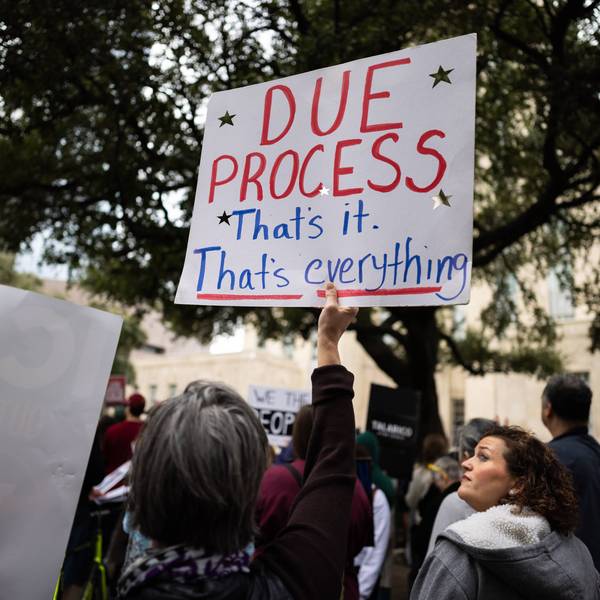Revelations that Baltimore police are spying on residents from the air--which the department publicly confirmed for the first time on Wednesday--have prompted outrage from civil liberties activists who slammed the program as "incomprehensible and unacceptable."
Bloomberg revealed this week that the Baltimore Police Department (BPD) had secretly been spying on its residents with small aircrafts outfitted with cameras, originally developed for use by the U.S. Department of Defense, since January. The company that provided the technology, Persistent Surveillance Systems, had a long-term contract with the department, but the public was never informed.
David Rocah, a senior staff attorney with the American Civil Liberties Union (ACLU) of Maryland, told the Baltimore Sun that the technology was "virtually equivalent to attaching a GPS tracker to each and every one of us every time we walk out of our house or office building."
The revelations are particularly shocking because a recent U.S. Department of Justice investigation into the BPD uncovered systemic racial discrimination and civil rights violations--and they signal the continued militarization of domestic policing, he added.
"The fact that the BPD has been engaged in a secret program of mass surveillance is both incomprehensible and unacceptable. It is even more astounding that this could be done during a Justice Department investigation into the BPD that found pervasive racial bias and lack of accountability," Rocah said in a statement Wednesday.
"The surveillance program itself is a privacy nightmare come to life and precisely what we have warned against for years," he said. "This is yet another example of battlefield technology moving to domestic law enforcement without public scrutiny--but Baltimore is not a battlefield, and its residents are not the enemy."
Maryland's public defender, Paul DeWolfe, told the Sun that "[w]idespread surveillance violates every citizen's right to privacy."
The Sun also separately reported that the police department was able to keep the funding for the project secret by routing the money through a private foundation:
For years, police have been buying equipment and financing projects using hundreds of thousands of dollars donated to the Baltimore Community Foundation. Corporations such as Target, Wal-Mart and Under Armour have announced contributions of tens of thousands of dollars to police through the foundation, though its donor lists are not themselves public.
And the ACLU published an in-depth blog post on the civil liberties implications of the program, noting that "this outside grant functioned to short-circuit democracy, because it meant the police did not need to bring a funding request to the city council or other elected officials, who might have brought up the significant values questions that this technology raises, and asked what checks and balances were in place to govern such a powerful surveillance system."




